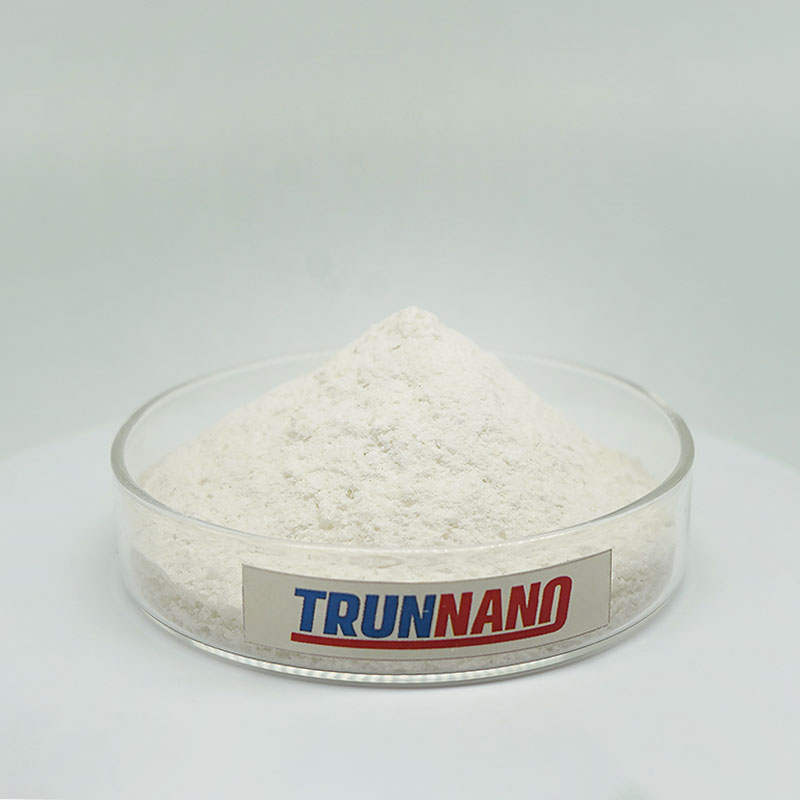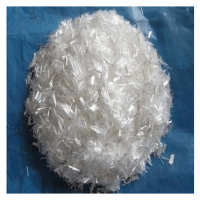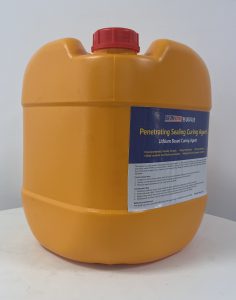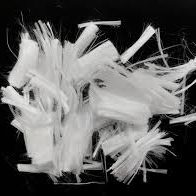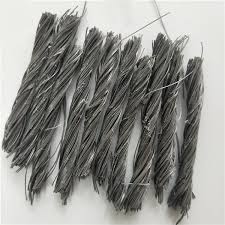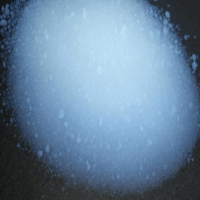Professional solutions on concrete addtives, Concrete Foaming Agent, Superplasticizer, CLC Blocks Additives, and foaming machine
(Cement Foaming Agent)
A foaming agent used for producing cellular concrete with high strength and lightness.
The foaming agent is a liquid, protein-based, or synthetic substance, in a concentration of between 0.5 and 5% by weight of the cement. It can be mixed with water to form a slurry and blended in a foaming machine for obtaining foam, which is then incorporated into the cement or sand-cement mortar slurries.
It contains proteins and enzymes that provide the foam structure with excellent strength and stability. This makes the foaming agent suitable for applications where lightweight insulated structural elements are needed, such as for floor insulation and roof heat insulation.
During the mixing and agitation of the foaming agent with the water and the cement, it forms stable, very tiny bubbles that are firmly isolated from each other. This prevents the formation of air-voids that result in lower density and weaker concrete.
In addition, the dissolved protein increases the plasticity of the mixture and renders it more uniform. It also binds the water in an even distribution throughout the foam so that, in effect, small pockets of water are held available for use by the cement during setting.
For maximum mechanical strength and other desirable structural characteristics, the water-cement ratio should be between about 0.4 and 0.5 by weight of the cement. When a water-cement ratio is higher than about 0.5, the compressive strength of the hardened foamed concrete begins to drop off, and a corresponding increase in the time required for setting may be observed.
(Cement Foaming Agent)


